Your cart is currently empty!
Category: Cultivation Tips
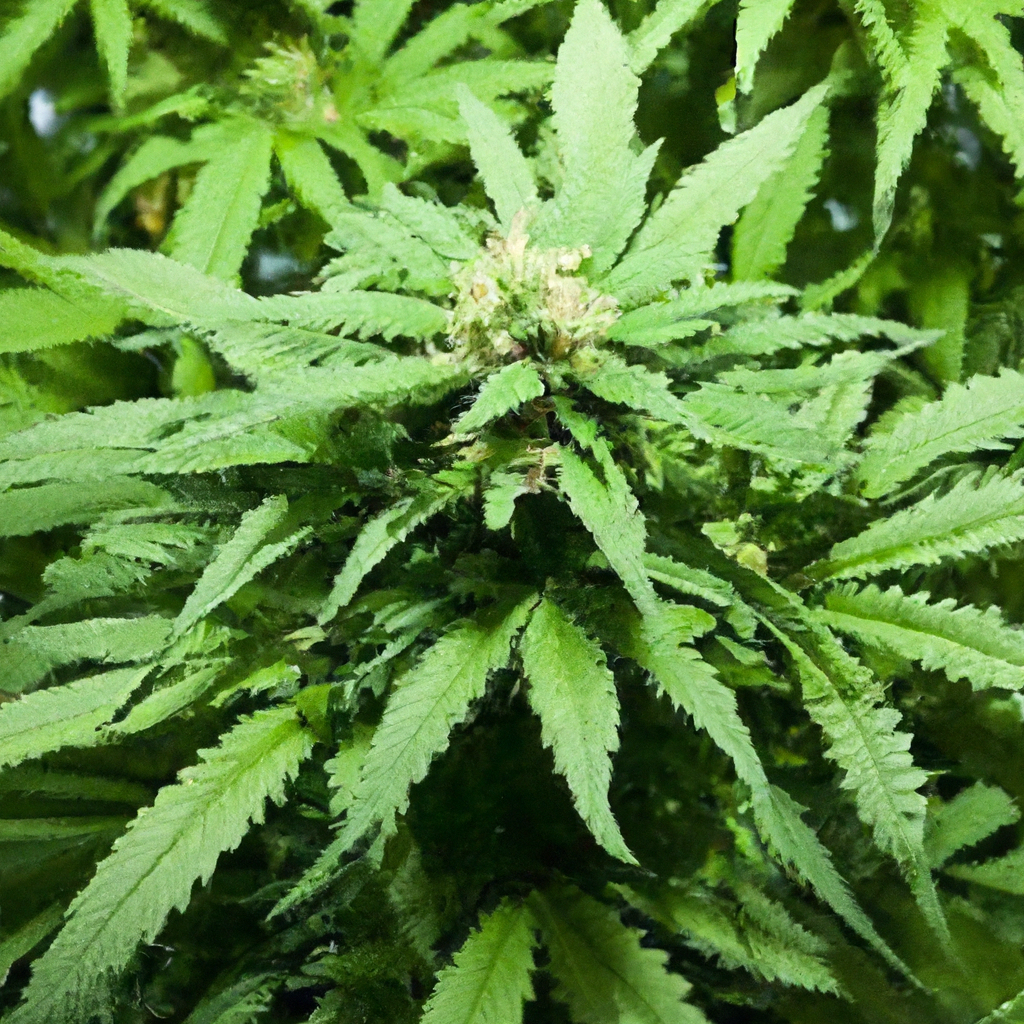
In cannabis cultivation, effective canopy management is crucial for maximizing yields and maintaining healthy plants. This guide explores essential strategies such as topping, Low-Stress Training, defoliation, Scrogging, and lollipopping to ensure even distribution of light, air, and nutrients. Overcoming challenges like overcrowding involves maintaining proper spacing, regular monitoring, and ensuring good ventilation. Understanding light’s role…
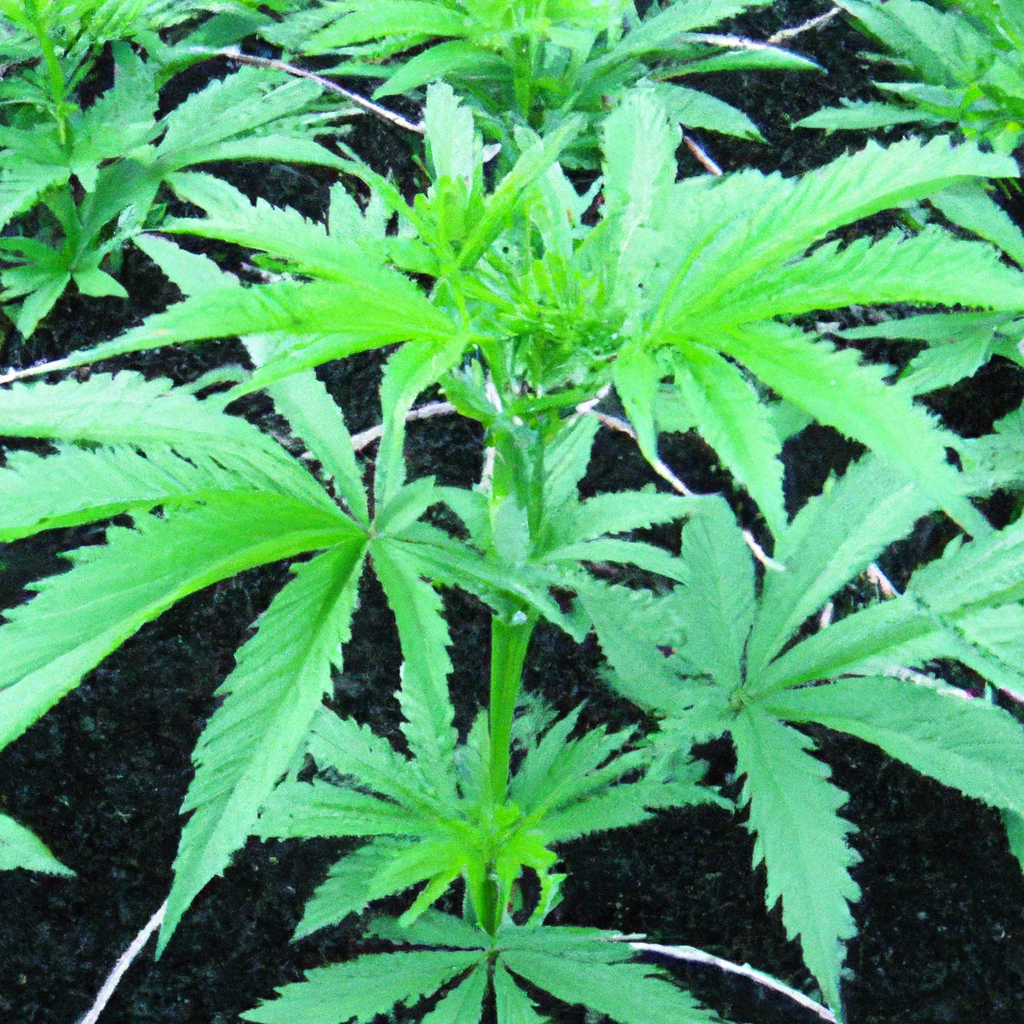
Growing cannabis demands precise irrigation, essential for plant health and nutrient uptake. This post explores advanced techniques to address common watering challenges. Precision drip irrigation systems ensure accurate water delivery and minimize waste, using emitters, timers, and soil sensors. Capillary matting offers an eco-friendly alternative that allows plants to absorb the water they need, particularly…
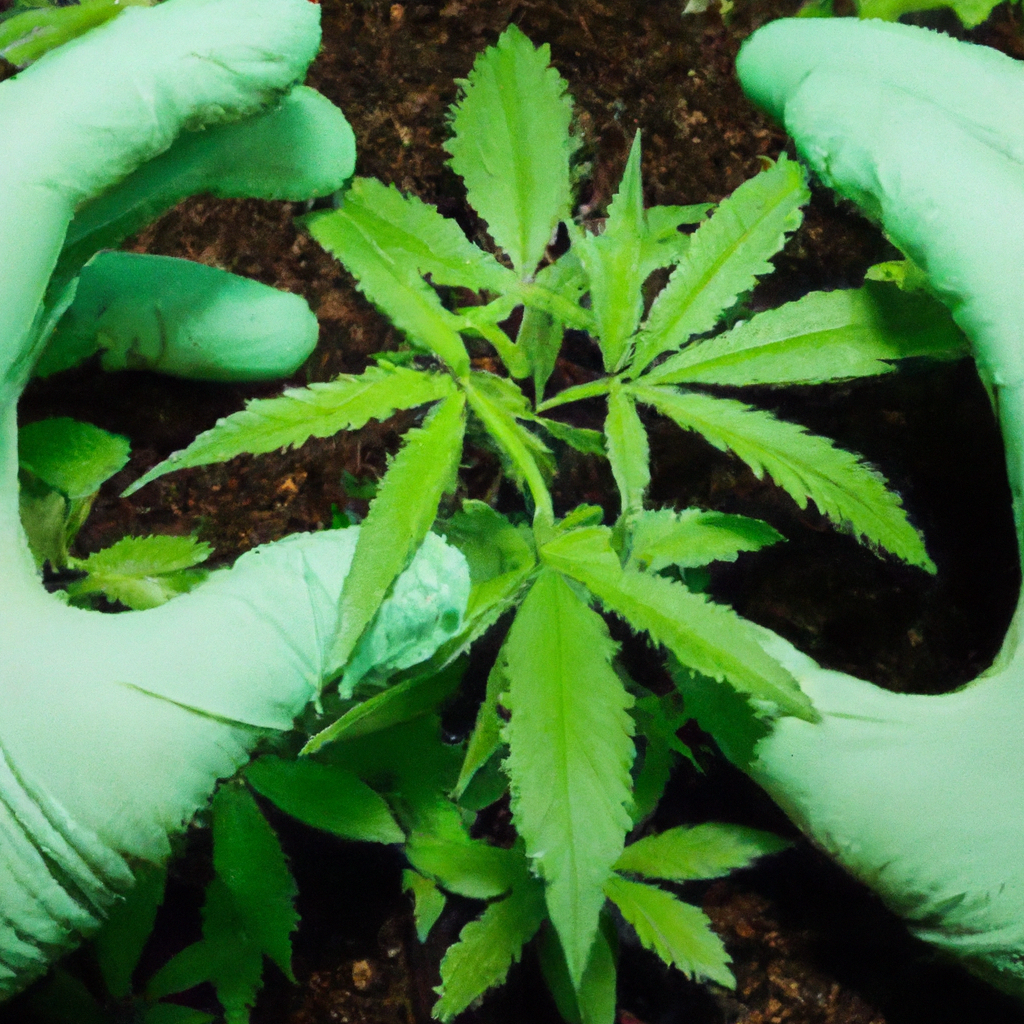
Effective cannabis cultivation goes beyond basic care; it requires a strategic schedule tailored to your plants and environment. Timing is crucial, impacting everything from nutrient absorption to yield quality. Creating a detailed cultivation calendar helps manage growth stages, environmental conditions, and nutrient needs. Utilize technology like automated systems, mobile apps, and data sensors for precise…
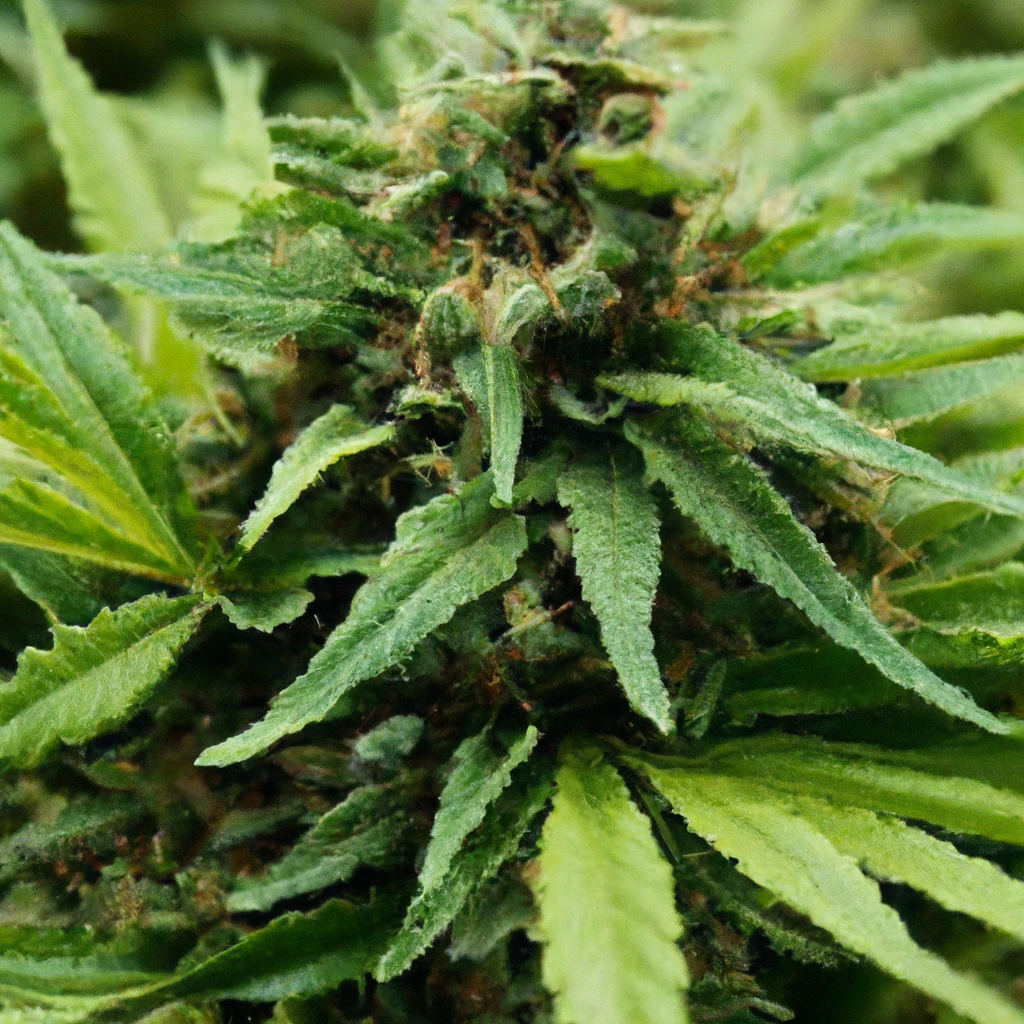
Cultivating cannabis is a rewarding yet challenging task, requiring knowledge and skill to address common issues. Key areas include managing nutrient deficiencies like nitrogen, phosphorus, and potassium, optimizing watering techniques to prevent over- or under-watering, using natural methods for pest control such as neem oil and companion planting, and maintaining optimal pH levels for nutrient…
Embarking on the journey of cannabis breeding opens a world of genetic innovation, allowing growers to experiment with flavors, aromas, and effects. This blog delves into the art of breeding, offering practical insights on understanding cannabis genetics, selecting parent plants, using pollination techniques, and evaluating offspring to craft superior strains. Overcoming challenges like hermaphroditism and…
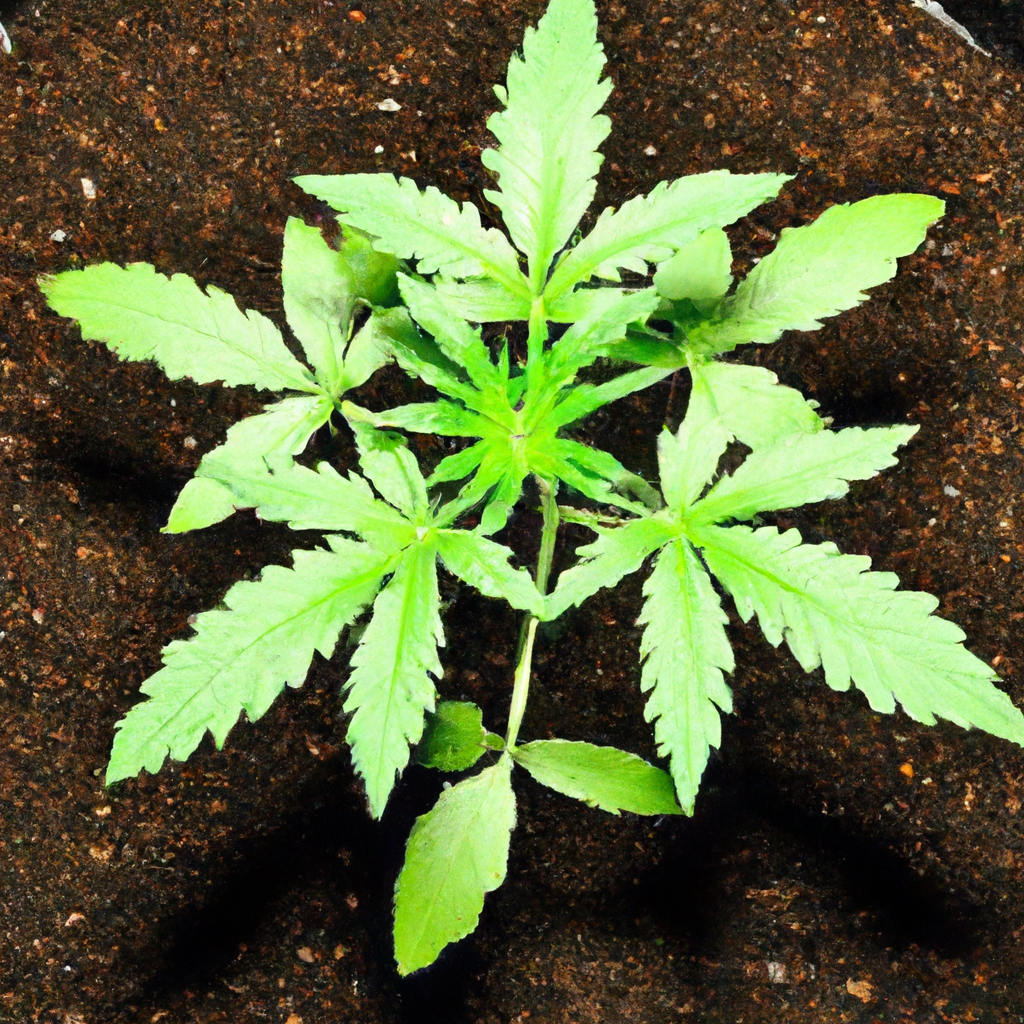
Successfully nurturing cannabis seedlings is a crucial step in cultivation. This article covers essential tips such as selecting high-quality seeds, perfecting germination with the paper towel method, providing optimal lighting with appropriate LED distances, watering with care to prevent overwatering, and ensuring proper nutrition using diluted, seedling-specific solutions. By focusing on these steps, you establish…
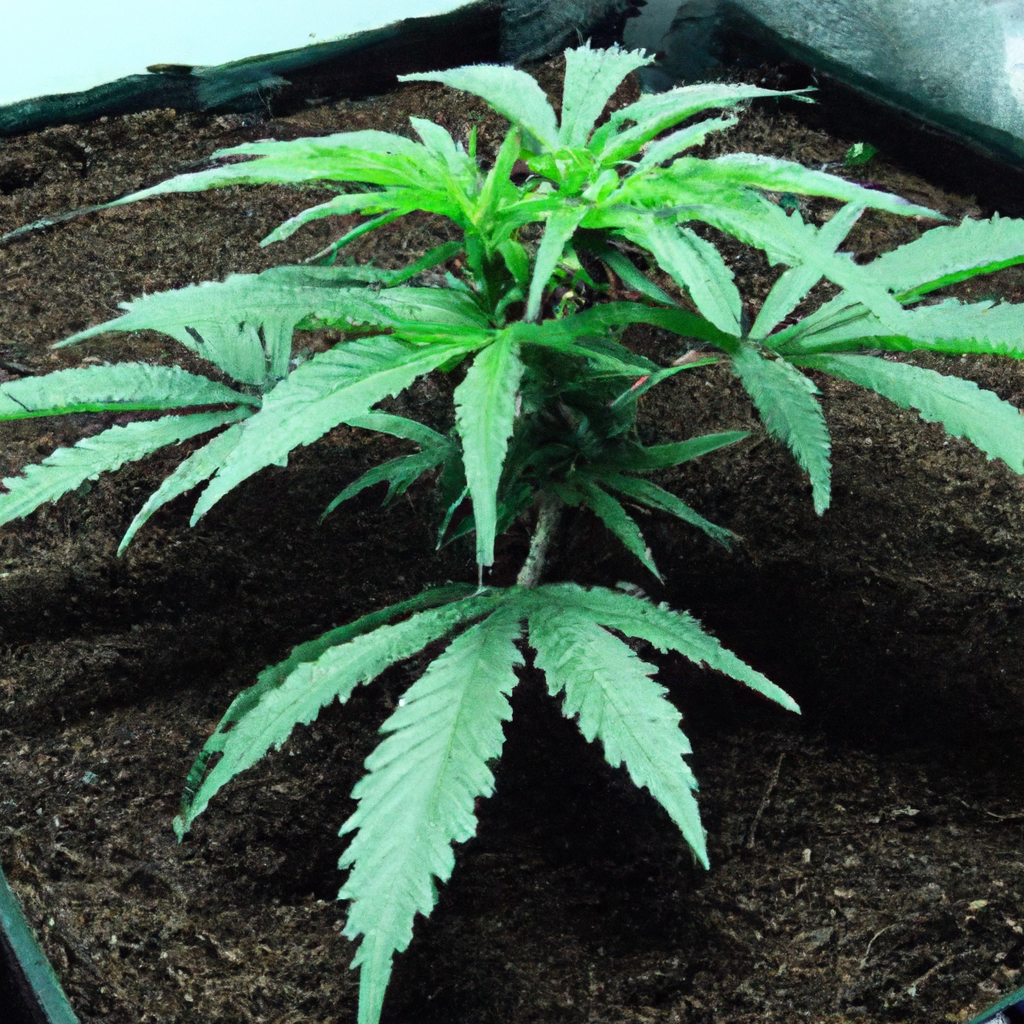
Proper soil aeration is essential for thriving cannabis plants, as it ensures roots receive adequate oxygen, promoting vigorous growth and robust harvests. This guide highlights the benefits of soil aeration, such as improved root health, better nutrient uptake, and disease prevention. Best practices include using aeration amendments like perlite or vermiculite, employing smart watering techniques…
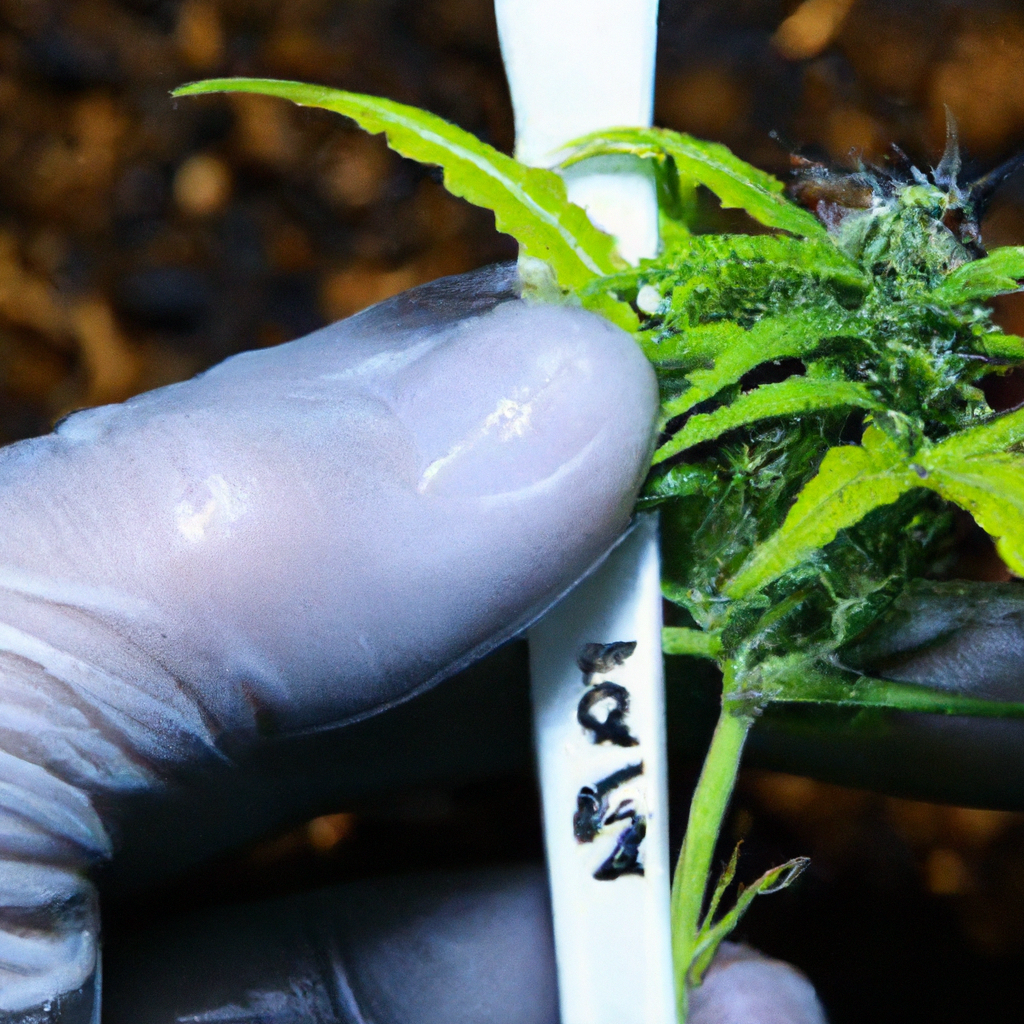
Proper pH management is crucial for successful cannabis cultivation, as it enhances nutrient uptake and promotes growth. This blog post explores the optimal pH ranges for soil and hydroponic systems and provides a guide for testing and adjusting pH levels. It addresses common challenges like fluctuations and measuring inaccuracies and illustrates how effective pH management…
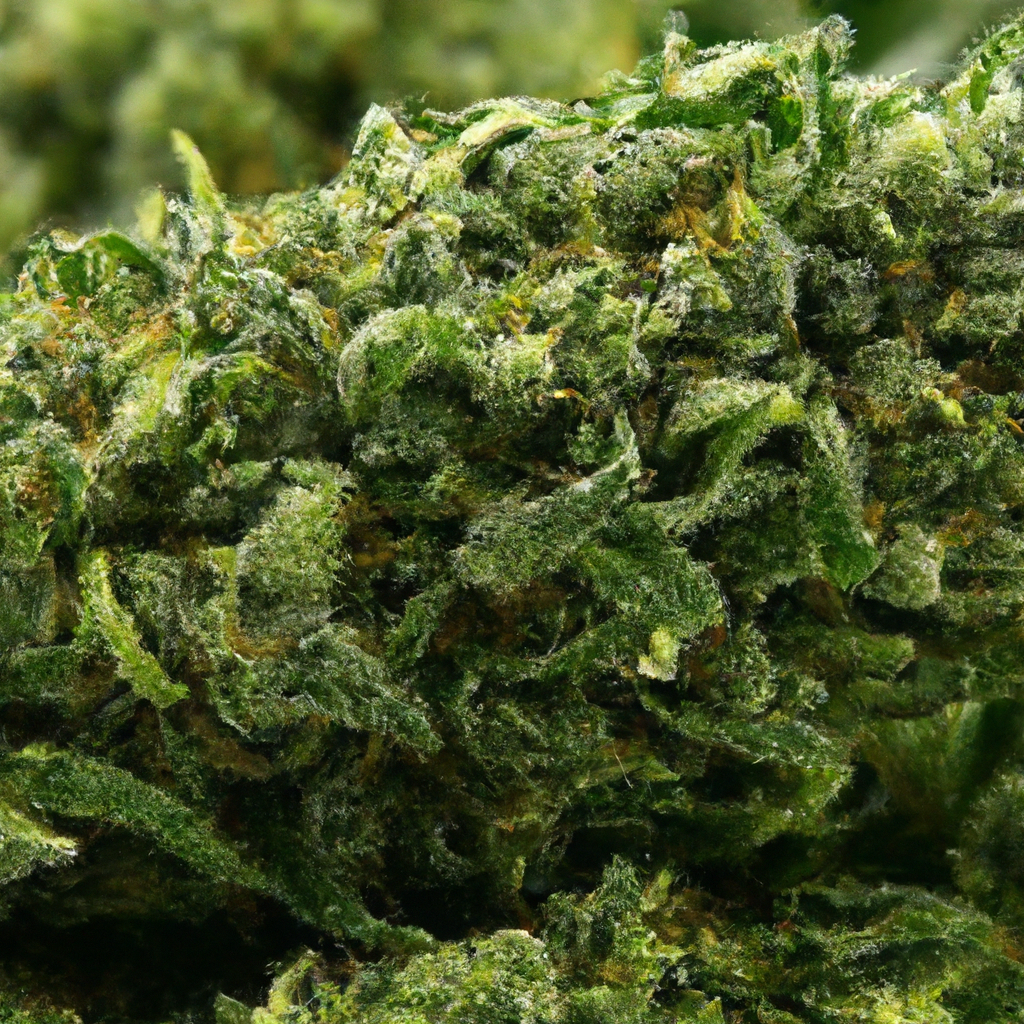
Discover how incorporating algae can revolutionize cannabis cultivation. Algae provide nutrient boosts, improve soil structure, and protect against pathogens, offering an eco-friendly alternative to traditional fertilizers. Learn to implement algae through nutrient-rich teas, soil amendments, and foliar sprays. While algae offer numerous benefits, mindful management is essential to avoid challenges like algae bloom. By integrating…
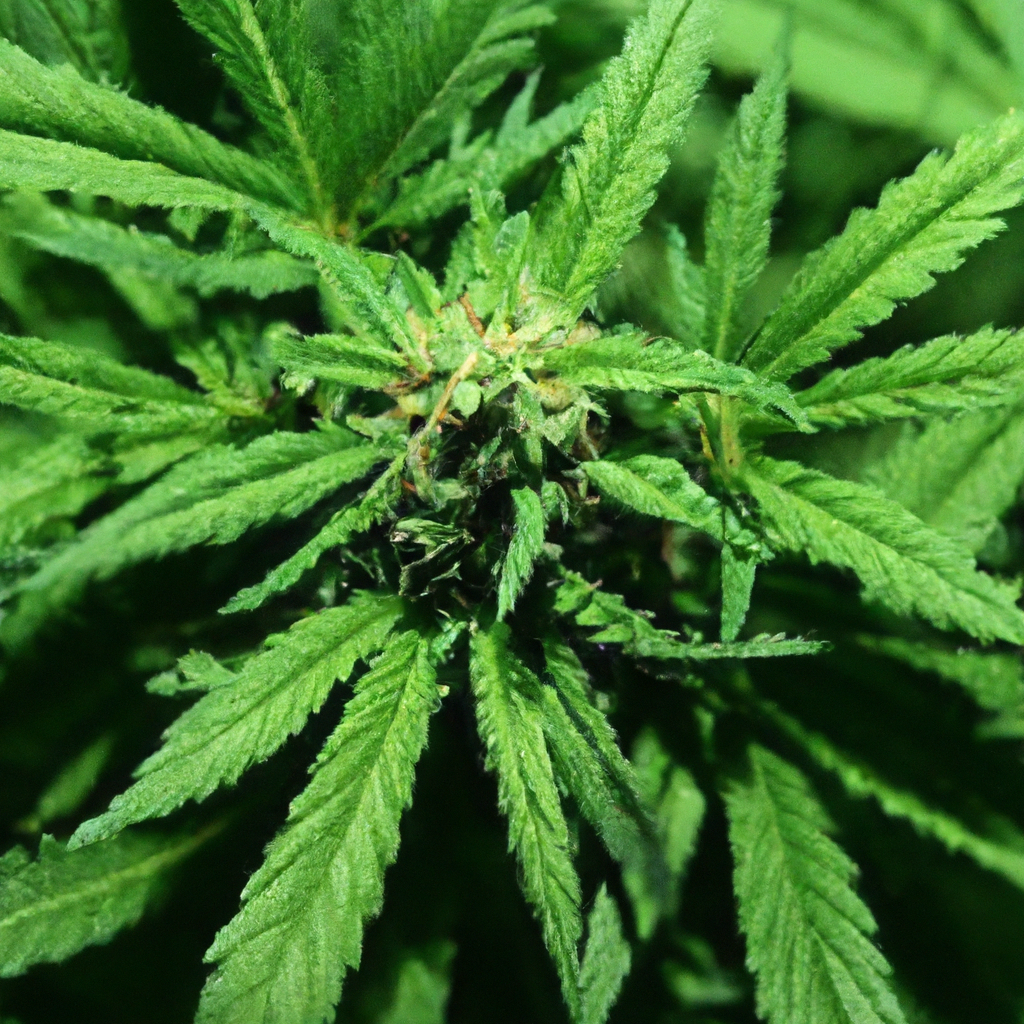
Growing cannabis can be rewarding, but even experienced cultivators face challenges. This guide addresses common mistakes such as overwatering, nutrient burn, poor lighting, and pest problems, providing solutions and tips to enhance your harvest. Key strategies include allowing soil to dry between waterings, using appropriate lighting for growth stages, and implementing pest prevention tactics. Successful…
